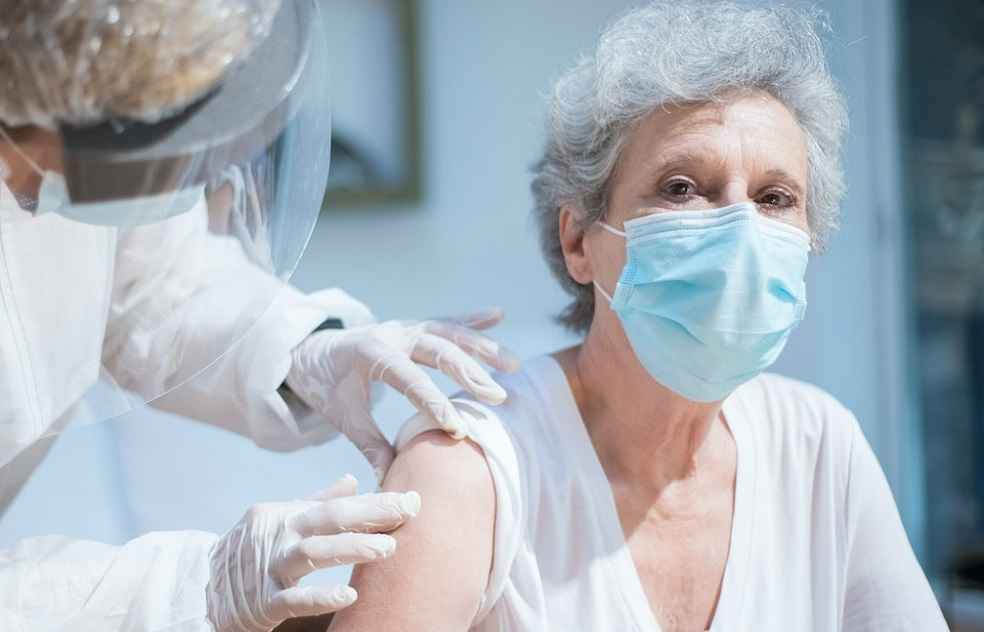Switzerland: A new report has found that the number of people who die from stroke worldwide will increase by 50 percent by 2050 if there is no relevant action to limit the prevalence of stroke and its risk factors.
According to the World Health Organization (WHO), stroke is the second-leading cause of death around the world, causing 6.6 million deaths in 2020. The new report from the World Stroke Organization-Lancet Neurology Commission noted that the number is expected to hit 9.7 million in 2050.
“The gaps in stroke services across the world are catastrophic. We need a drastic improvement today, not in 10 years,” Dr. Sheila Martins, President of the World Stroke Organization, said in a statement.

The researchers conducted a qualitative analysis of interviews with 12 stroke experts from six high-income countries and six low- and middle-income countries, along with considering factors such as population growth and aging. “Most of these projected stroke deaths (91 percent) will occur in low- and middle-income countries,” the report remarked.
The Commission Co-chair, Dr. Mayowa Owolabi of the University of Ibadan in Nigeria, noted that people living at the poverty level in high-income countries like the United States are also at higher risk. “Even within high-income countries, there are inequalities. There is unequal exposure to some of these risk factors that are not treated or are poorly controlled,” Dr. Owolabi added.
“Stroke exerts an enormous toll on the world’s population, leading to the death and permanent disability of millions of people each year and costing billions of dollars,” Dr. Valery Feigin of the Auckland University of Technology, a co-chair of the commission, commented.

“One of the most common problems in implementing stroke prevention and care recommendations is the lack of funding. Our commission recommends introducing legislative regulations and taxation of unhealthy products by each and every government in the world,” Dr. Feigin added.
The researchers developed 12 evidence-based recommendations to help prevent strokes worldwide, including establishing low-cost surveillance systems, raising public awareness, and establishing effective acute stroke care. Experts further remarked that “the best way to prevent both stroke and hypertension is to keep a healthy diet and a healthy weight, avoid alcohol and tobacco, and exercise regularly.



